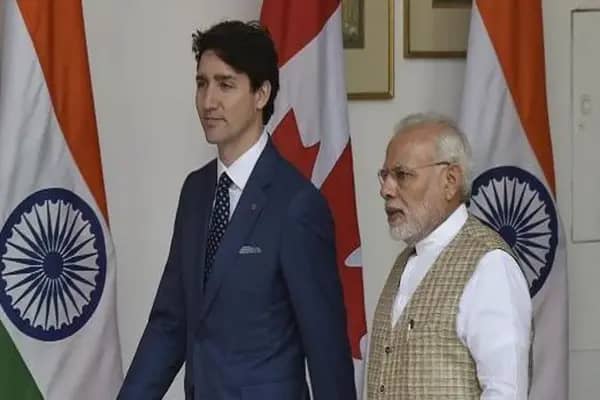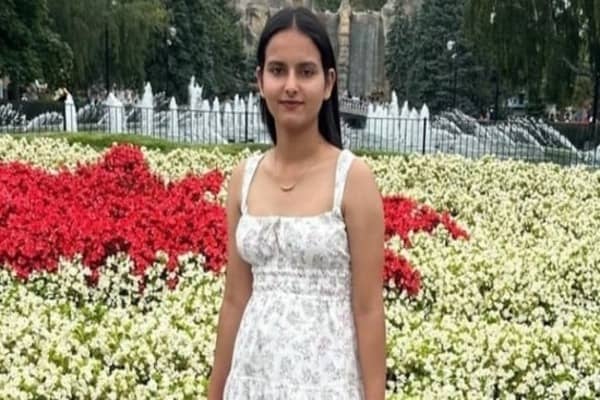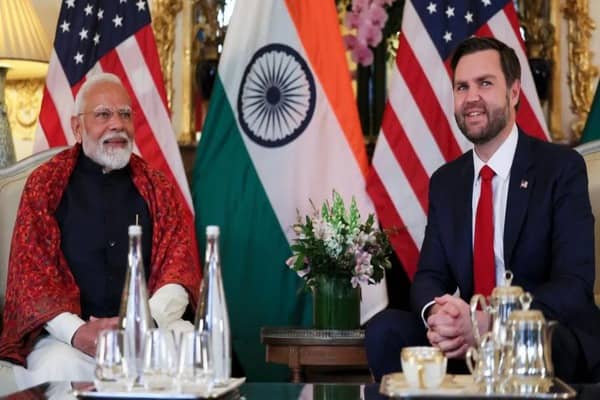India and Canada have expelled each other’s top diplomats amid escalating tensions after Canadian Prime Minister Justin Trudeau accused Indian agents of involvement in serious crimes on Canadian soil, including homicides and extortion. Canadian authorities stated that the alleged activities specifically targeted supporters of the pro-Khalistan movement, which advocates for a separate Sikh homeland in India. Although officials indicated that a dozen agents were implicated, they did not confirm any direct link to the June 2023 murder of Sikh separatist leader Hardeep Singh Nijjar in Canada.
India dismissed the allegations as “preposterous,” and relations between the two nations have deteriorated since Trudeau revealed that Canada had credible evidence connecting Indian agents to Nijjar’s murder. India accused Trudeau of catering to Canada’s significant Sikh community for political gain. The diplomatic spat has resulted in India requesting the withdrawal of numerous Canadian diplomats and suspending visa services.
In a strong response, India’s foreign ministry issued a statement asserting that Canada’s claims were influenced by Sikh separatist activists and warned of repercussions. Subsequently, it announced the expulsion of six Canadian diplomats, including acting High Commissioner Stewart Ross Wheeler, who must leave by October 19. Following a meeting with Indian officials, Wheeler stated that Canada had provided the evidence India sought and urged the need for an investigation into the allegations.
“It is in the interests of both our countries to get to the bottom of this,” he remarked. India defended its High Commissioner Sanjay Kumar Verma, calling the accusations against him “ludicrous” and unworthy of serious consideration. The Indian foreign ministry also declared that it was withdrawing its top envoy and other diplomats due to concerns over their security in Canada.
Canadian police revealed they had publicly shared details of an ongoing investigation due to significant threats to public safety. RCMP Commissioner Mike Duheme reported “over a dozen credible and imminent threats to life,” particularly against members of the pro-Khalistan movement, prompting the RCMP to confront the Indian government.
Hardeep Singh Nijjar was shot dead by two masked gunmen outside the Sikh temple he led in Surrey, British Columbia. He was a vocal advocate for the Khalistan movement and had campaigned publicly for its cause. India labeled him a terrorist leading a militant separatist group—an accusation his supporters strongly disputed. Canadian police classified his killing as a “targeted attack.” In September 2023, Trudeau informed Parliament that the claims of Indian involvement in the murder were based on Canadian intelligence, calling it a violation of Canada’s sovereignty. India has consistently denied the allegations and asserted that Canada has provided no supporting evidence.
Although relations appeared to improve slightly when India resumed visa processing in October 2023, Canadian Foreign Minister Mélanie Joly recently described ties with India as “tense” and “very difficult,” emphasizing the continued threat of similar incidents occurring on Canadian soil.



